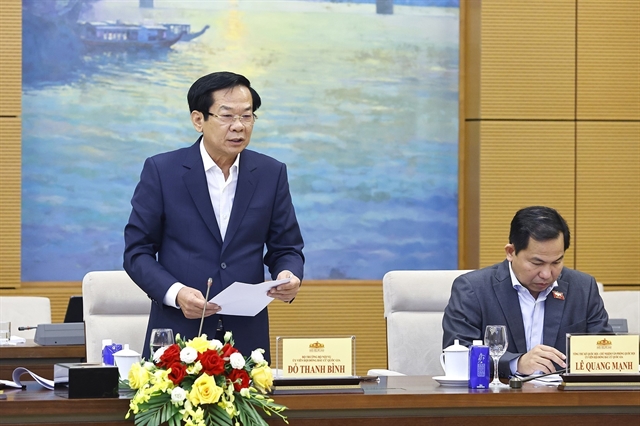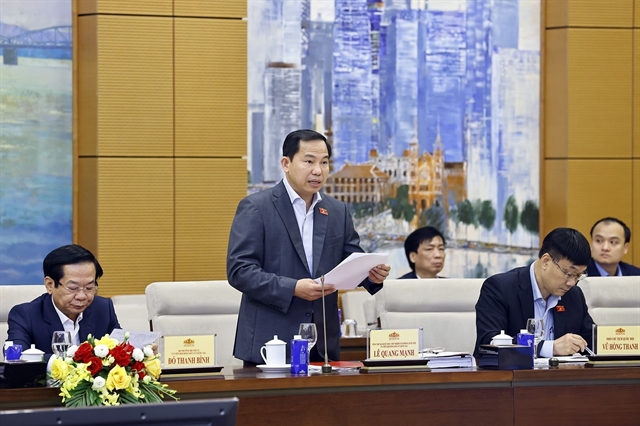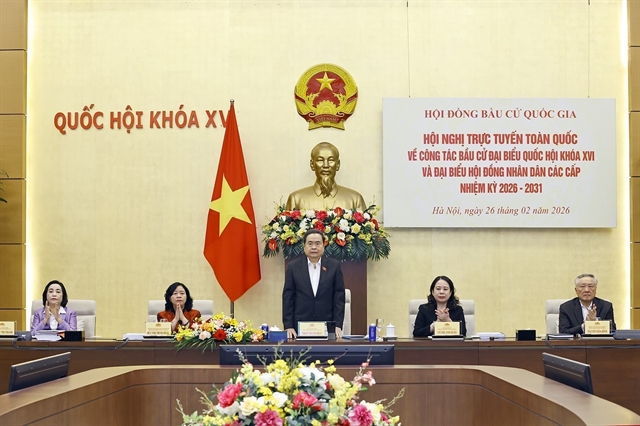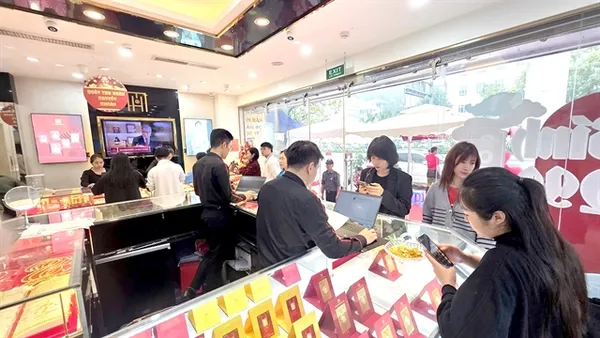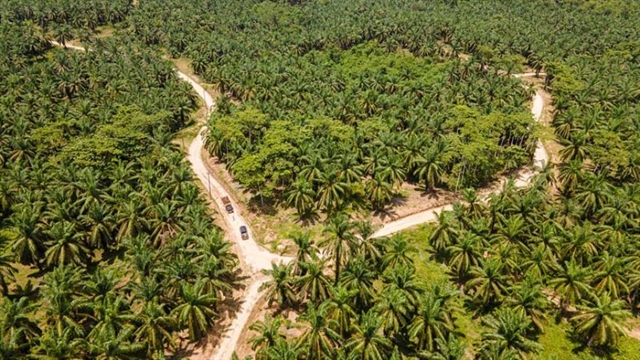 World
World
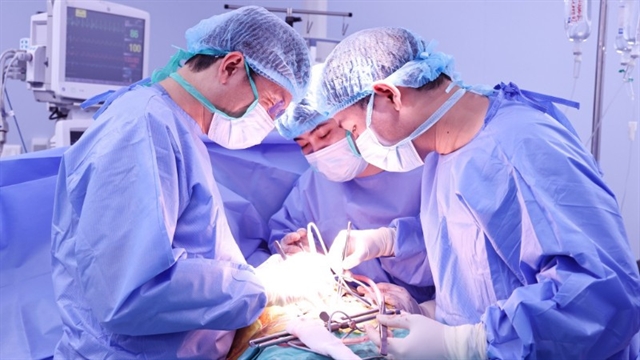
UNITED NATIONS — The UN Security Council will meet behind closed doors on Friday to discuss an uptick in violence in the embattled Syrian opposition stronghold of Idlib, diplomats said.
The meeting – which will begin at 10 – comes at the request of Britain and France, with the backing of the United States, the diplomats, who spoke on condition of anonymity, said on Thursday.
Some diplomats hope the session will provide an occasion to discuss the reauthorisation of cross-border UN humanitarian aid deliveries to millions of Syrians.
Humanitarian aid currently flows into Syria through UN-designated checkpoints in Turkey and Iraq without the formal permission of the government in Damascus, but that arrangement expires on January 10.
Last month, Russia and China vetoed a resolution that would have extended those deliveries for a year. Moscow says it will only approve a six-month extension using two checkpoints.
Three million people in the Idlib area benefit from that aid, according to the United Nations.
In a telephone call on Thursday, US President Donald Trump and Turkey's Recep Tayyip Erdogan agreed on "the need for de-escalation in Idlib, Syria, in order to protect civilians," the White House said.
On Thursday, UN Children's Fund (UNICEF) Executive Director Henrietta Fore called for an "immediate cessation of hostilities in the northwest of Syria."
"We call on those fighting, especially in the northwest, and those with influence over them for the following: stop all attacks on children and services that provide for them, including health and education facilities and water systems," she said in a statement.
According to UNICEF, at least 140,000 children have been displaced in the past three weeks due to fighting in and around Idlib.
Syrian ally Russia announced a ceasefire for Idlib in late August after months of bombardment that killed around 1,000 civilians.
But sporadic clashes and bombardment persisted throughout the autumn before a spike in violence in the past month, according to the Britain-based Syrian Observatory for Human Rights. — AFP

